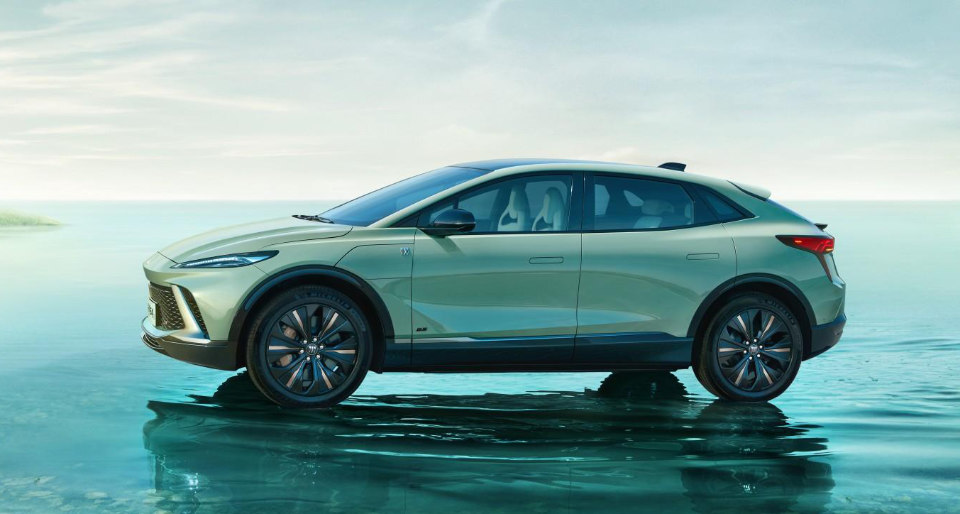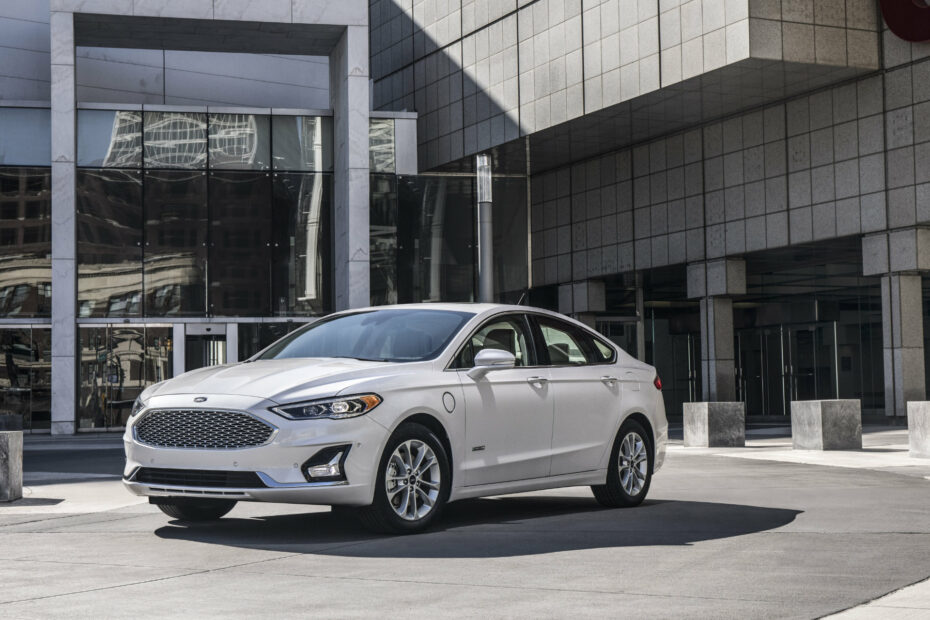President Donald J. Trump has been talking about tariffs for a very long time, even as a businessman back in the ’80s.
Back then he lamented that the US was being hard done by Japan, with all the Japanese cars and VCRs that Americans were buying, and yet the reverse was not true. (Never mind that the Japanese were probably buying Apple IIs and Macintoshes and other goods.)
Sticking tariffs on now isn’t suddenly going to reverse things, or force US companies to ramp up domestic production to create products that are the envy of the world. It’s not a case of making America competitive again because, at least on the automotive front where we can make some considered comment, what was created for the US market just isn’t going to fly in a lot of non-US markets.
Let’s take the most basic of examples from 1980s Trump: the US selling cars to Japan. How much of US car production between, say, 1945 and 1990 was right-hand drive? An almost negligible amount. (In fact, a lot of the right-hand-drive cars that were sold came out of US-owned Canadian factories.) If you don’t even produce what people want—a very basic principle in business—then they aren’t going to buy from you.
Add in a whole bunch of other things, like petrol prices and the size of US cars and trucks, and it becomes very apparent that what the US makes isn’t, for the most part, suited to other markets.
The other important thing to remember is that, until relatively recently, the biggest car makers in the world were US-owned: GM and Ford. But the US system damaged them. Faced with needing to please Wall Street with quarterly short-termism, both wound up ultimately divesting a lot of their international holdings. The global financial crisis—also a creation of Wall Street short-termism—rang the death knell for Detroit holding podium places. Even though Ford, and to a lesser extent GM, eventually wound up with competitive offerings (e.g. the last Fiesta, Focus, and Fusion ranges from Ford), both ceded markets one by one. It was their intent to do this.
This isn’t about foreign companies taking advantage of the US, this is about US companies choosing not to compete. History shows that most recently, GM and Ford are the biggest quitters of them all. We tend to refer to GM as a Sino–American operation because it no longer mass-manufactures in Europe, Asia or Australia or has much of a footprint there. The Big Two even make and sell cars in China because more Chinese people will buy them than Americans.

US economic policy appears to be based on playing the blame game and not taking responsibility for systemic and strategic failures.
Will some car makers bring production Stateside? Notwithstanding that many components will face tariffs, some will be considering it (Mercedes-Benz is one example—though one has to remember that its profits will ultimately head to Germany). But given that the US consumer has been handed a tax rise, they’ll have to weigh up whether anyone’s even going to be able to afford to buy their wares. And should they export from the US, will people want them, thanks to the present wave of anti-US sentiment across the world? For once, people might double-check just where their goods are coming from and not look solely at the brand. •
Jack Yan is founder and publisher of Autocade.

Pingback: Tariffs won’t make the Big Two great again